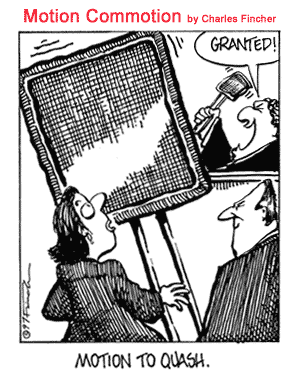Definition:
1. having or showing pleasant, good-natured personal qualities; affable
2. Friendly; sociable
http://dictionary.reference.com/browse/amiable
Translated Definition:
kind, sweet or gracious
Other Forms:
amiability, noun
amiableness, noun
amiably, adverb
quasi-amiable, adjective
quasi-amia·bly, adverb
unamiable, adjective
unamiableness, noun
unamiably, adverb
Original Sentences:
1. The student was so nice and friendly to everyone the teacher spoke very highly of him and would say he was amiable.
2. A girl at my school who doesn't talk to people much but when she does talk she speaks she has nothing nice to say, you could say she is unamiable.
Best Time to Use:
I could see people using this word when someone is being greatly appreciated by elders for their kind acts. Also, you can use this word when you notice someone being extremly friendly and being a good person more than you would sewe out of a average person.
Synonym:
My word is a lot like gracious, but it is different because gracious can be an adjective not for just someone but it can be for someones possession. Take a house for example, a house can be gracious because it is charaterized by good taste but a house cannot be amiable.
Antonym:
My word is the exact opposite of rude because when you are rude you are discoutreous and with amiable it is all about being courteous.
Rating:
I give amiable a three out of five stars because it is a handy word to have in your vocabulary but you wouldn't necessarily use it a lot. This is because most people would find it too much when describing someone, they think it is a lot simpler just to say the person is nice or friendly.
I chose this picture because the person on the left is being polite and friendly to the person on the right and the person on the right finds it polite and friendly as well therefore says the person on the lefts company is amiable. 




 This picture fits the word quash because in the law system when using the word quash it means to suppress. If the judge gave the motion to quash the person he means suppress them. This artist put a twist on the word and used a fly swatter to "squash" the people.
This picture fits the word quash because in the law system when using the word quash it means to suppress. If the judge gave the motion to quash the person he means suppress them. This artist put a twist on the word and used a fly swatter to "squash" the people.